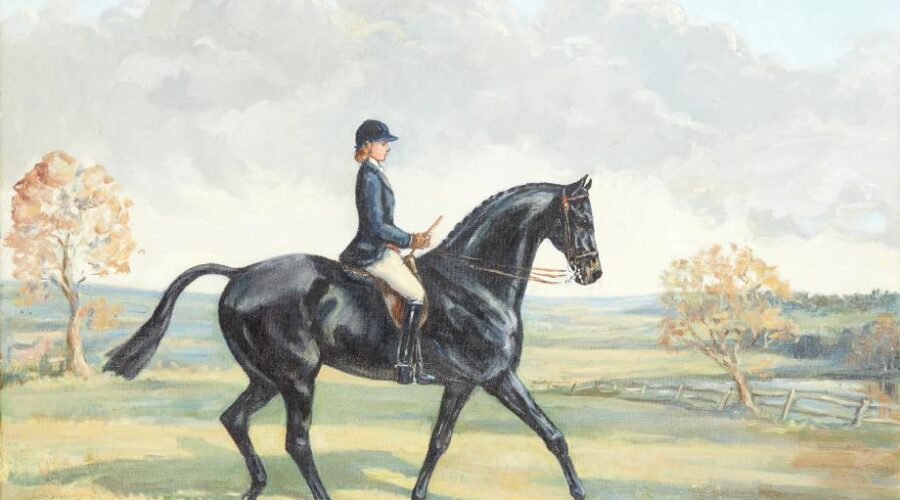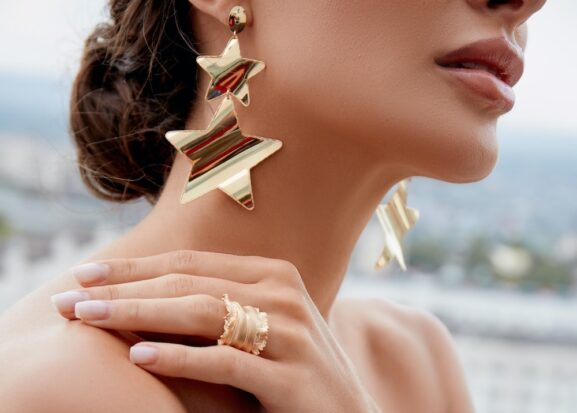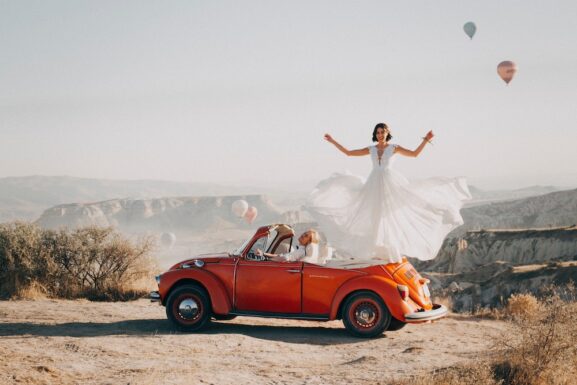ANNE BULLEN (1912-1963) ART THAT CAPTURES A DREAM: FORTHCOMING EXHIBITION WILL BE A NOSTALGIA TRIP FOR MANY
The art of Anne Bullen tells the story of an idyllic childhood, days of sunshine and freedom, riding ponies in the English countryside.
Her sketchbooks, canvases, and rolls of drawings were re-discovered in a forgotten cupboard by her eldest daughter, Jennie Loriston- Clarke. Jennie is one of the most elegant dressage riders in English equestrian history. This show is a final chance to acquire the last remaining original works by Anne Bullen. Director of the Osborne Studio Gallery Geoffrey Hughes, dedicated to all things equine, calls her ‘a legendary figure in the equestrian world.’ Her six children, Anthony, Michael, and Charlie, followed by Jennie, Jane, and Sarah, were all high achieving riders, including three Olympians, who rode for Team GB at eight Olympic Games.
Anne Bullen, who had an instinctive understanding of horses, and a phenomenal eye for their potential, co-founded The Catherston Stud in 1949 with her war hero husband, Lt. Colonel Jack Bullen. They bred ponies for children, often wild, brought in from the moors and mountains.
In 1954 HM The Queen was presented with a pony for Prince Charles, a gift from the Dartmoor Pony Society, impeccably trained by the Bullen family to be ‘bomb proof’ for a future king.
The stud, now based in Stockbridge, Hampshire, world famous as ‘the Home of British Champions’ continues to develop and prosper under the direction of Anne’s granddaughter, Anne Dicker. Her daughter Charlotte, third-generation equestrian, has taken on the mantle of this ‘horse-mad dynasty’ as an international dressage rider.
ANNE BULLEN – HER LIFE AND WORK – THREE LIVES IN ONE SHORT SPAN, EACH INTENSELY LIVED: VERSATILE ARTIST, LOVING MATRIARCH, RESPECTED BREEDER AND TRAINER
Anne grew up with her two brothers and younger sister in Hampshire, Dorset, and the West Country, surrounded by horses and ponies, where she and her sister Rosamund, had the ‘opportunity to appreciate and sketch the countryside and all it offered.’ (Recalls Jane Holderness-Roddam, Anne’s second daughter).
Her promise as an artist was quickly recognised. At 13, she travelled to Holland and Belgium on sketching holidays with her cousins. She could memorise, then draw and paint what she saw and liked in a few minutes, as people might take snapshots today.
She won the President’s Prize at the Royal Academy for the 14-15 age groups, presented by a grand Royal personage, Queen Victoria’s daughter Louise, HRH Duchess of Argyll. Many more Royal connections were to follow. Another HRH, Camilla, Duchess of Cornwall has written the foreword to her forthcoming show. She says: ‘As a lifelong admirer of Anne Bullen’s drawings, these pictures take me back to my pony-mad childhood.’
Anne was encouraged by her family, studied classical principles and techniques at the Academie Julien in Paris and Chelsea School of Art.
Her daughter Jane, a member of the GB Gold Medal winning team Mexico Olympics 1968, has vivid memories of life with a remarkable mother. ‘She appeared comfortable using pencil, pen and ink, crayon, charcoal, gouache, or a combination, as well as water colour and oils in equal measure, but she was probably most at home with her sketchbook and pencil.’
Anne married Colonel Jack Bullen in 1933, and they moved into the picture book setting of Catherston, his Elizabethan manor house in Dorset, set against a wooded backdrop, with a tiny church under a large cedar tree, endless fields of farmland and sea coast nearby. Jane describes the atmosphere of her mother’s life there as a working artist, loving matriarch, and strict riding instructor.
She wonders whether her mother, a ‘workaholic’ ever slept. She describes the mise-en-scene. ‘Her days at Catherston usually started at around 5 am in her study, where there were numerous canvases of all sizes, the one currently being worked on was usually held on the enormous wooden easel which appeared to dominate the space.’
The intoxicating smell of oil paints filled the room. Dozens of black sketchbooks lay scattered on the table, some open showing recent drawings of horses, dogs, landscapes, trees, anatomical works, foals in different positions as they either cavorted around or languished beside their mother.
I would often creep in early in the mornings to watch the amazing shapes she started with turn into recognisable horses with that wonderful romantic light in their eyes or swish of the tail so real that you felt you wanted to go and hug them.’
Anne Bullen understood equestrian anatomy as well as any of the Old Masters she revered, such as George Stubbs and Leonardo Da Vinci. She gave lectures about the evolution of The Horse to institutions and colleges, using her own anatomical drawings. She showed how correct training can develop the muscles of the neck and back to carry the weight of a rider more easily.
Critics appreciate this genuine knowledge of equestrian conformation in her art, as well as its spiritual quality. One wrote: ‘with a few flowing lines her drawings have a feeling for lightness and movement.’
ANNE BULLEN – ANOTHER ENDURING GIFT TO HER FAMILY WAS HER TALENT AS A RIDING INSTRUCTOR
Together, under her guidance, the family were taught timing, balance, and discipline. Jane writes:
‘We would have lessons on the ponies, sometimes in the large sand arena below the garden, sometimes bareback, practising hair raising activities such as standing up on our ponies’ backs and cantering around the school. Sarah was best at this and Jennie would jump through a fire lit garden hoop. Anthony and Michael stood on two forty-gallon drums swinging a huge rope, another test for the girls’ jumping skills.’
Innumerable awards followed for these brave Bullens, who had been through as rigorous a training as any ballet dancer or athlete.
Sarah, the youngest daughter, who became an actress, with a starring role in the film ‘International Velvet’ now a creative writer and sculptor, remembers the pleasures of her equestrian childhood, the sounds, scents and speed, the thrills of showmanship and teamwork.
Her memories include two words, which by chance, express, better than any other, the essence of her mother’s art: INNOCENT JOY.



